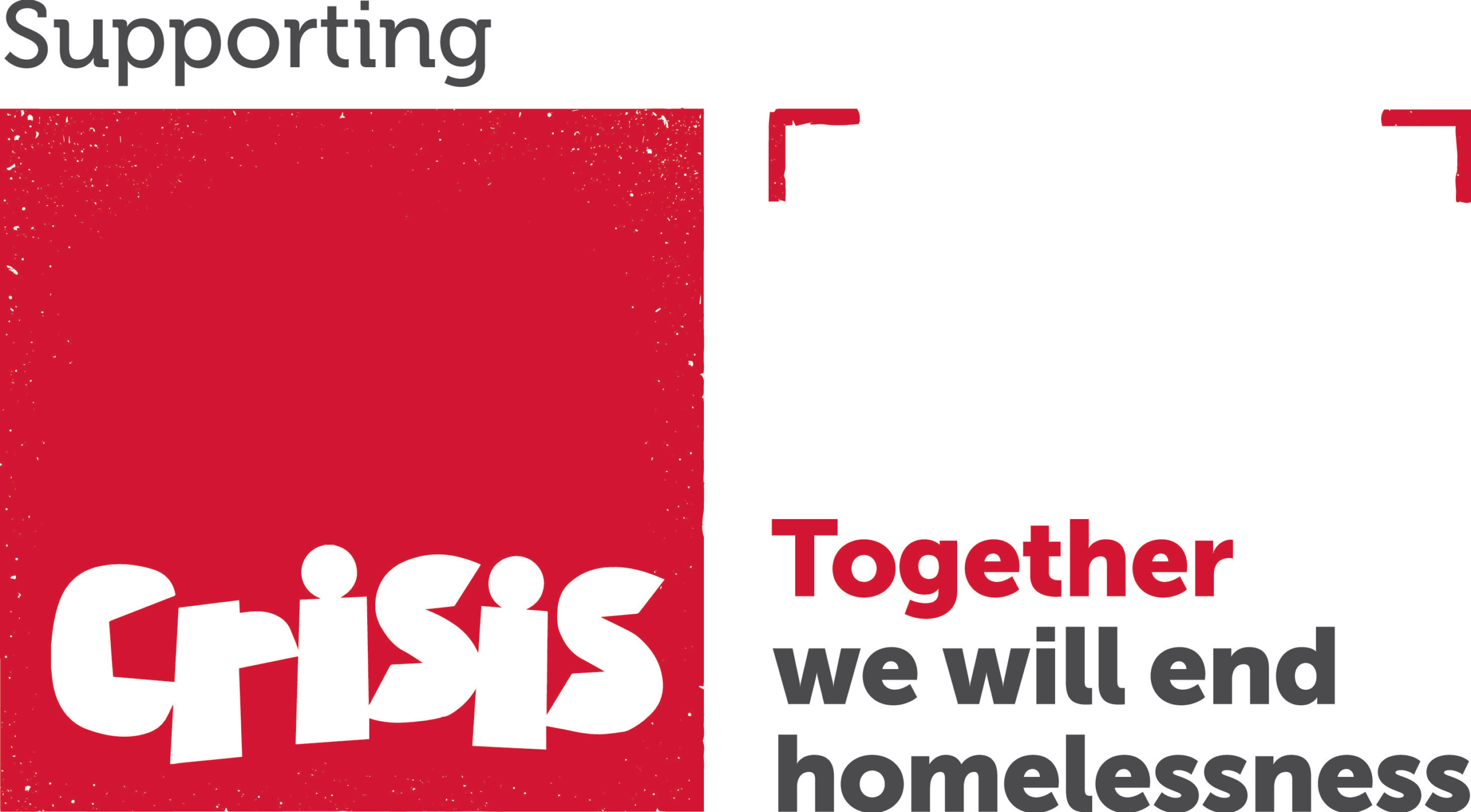HOUSE prices are set to soar over the next four years as the UK economy goes from strength to strength following Brexit, according to authoritative new figures.
Values will rise by almost a quarter by 2021 – an average increase £52,000 as consumer confidence in the UK property market remains strong.
The average house price across the whole of 2017 is expected to be £220,000, marking a £9,000 increase compared with 2016, according to the Centre for Economics and Business Research (Cebr). By 2021, the average home is set to be worth around £272,000, its report predicts – a £52,000 increase compared with 2017 and a rise of 23.6 per cent.
Kay Daniel Neufeld, a Cebr economist and main author of the report, said: “Already towards the end of 2016 indicators pointed to a stabilisation in the housing market, a trend that has continued in the first months of 2017. “Transaction numbers are slowly recovering from the introduction of a stamp duty surcharge on second homes in April 2016, which has led to considerable distortions in the market. “Mortgage approvals, are nearing post-crisis heights, boosted by low interest rates and favourable borrowing conditions.”
Cebr expects property values to climb at a slower pace over the next couple of years as Brexit negotiations progress, with annual increases below five per cent.
This compares with a 7.5 per cent year-on-year increase in house prices recorded in 2016. It expects UK property prices to grow by around 4.4 per cent during 2017 – the slowest pace seen since 2013. But from 2019, growth is expected to pick up, with an annual increase of 5.7 per cent pencilled in for that year and increases of around six per cent in 2020 and 2021. Cebr said a shortage of housing will continue to help push house prices upwards. At the top end of the market, those looking to sell can hope to benefit from a pick-up in demand from foreign property investors due to the low value of sterling, it said.
The data proves the resilience of the post-Brexit property market and despite political turmoil and higher Stamp Duty bills, experts said.
Alex Gosling, CEO, of online estate agents HouseSimple.com, predicted even further price rises in the housing market. He said “The UK property market seems to be Brexit-proof. It has coped remarkably well with the economic turmoil in the months following the vote to leave the EU. Price growth has eased a little but not to the degree people were expecting. Now Article 50 has been invoked we could see a short period of low growth, but there’s not reason to face the next few months with fear and trepidation. House prices are still being supported by a lack of property stock and although buyers are taking longer before committing, now that Article 50 has been triggered, any reservations about making a purchase may ease. It wouldn’t be at all surprising if house price growth beats expectations this year.”
Shaun Church, director at mortgage brokers Private Finance, added: “Homeowners will be thrilled to hear that house price growth isn’t expected to be slowed down by Brexit, particularly as growth is currently relatively subdued compared to recent years. Rising property prices mean homeowners can re-mortgage to a more affordable deal as they fall into a lower loan-to-value (LTV) bracket, or withdraw cash from their homes to be used for things like home improvements. Those who decide to sell will also see a bigger return on their original investment. As property is most people’s biggest asset, this can be a significant part of retirement financial planning. Retirees who see the value of their property rise could receive a significant bonus to their retirement funds by selling up or downsizing. It’s a good sign that consumer demand for housing will keep the wheels of the property market turning, despite the uncertainty of Brexit.”
Figures for the first quarter of this year suggest the property market is moving along at a steady pace.
Mortgage approval numbers, a leading indicator for property transactions, have recovered from their mid-2016 low and remain on a stable level of close to but just under 70,000 per month. This is very close to the high of 74,000 seen in early 2014.
Borrowing continues to benefit from low mortgage costs after the Bank of England cut interest rates to 0.25 per cent in response to the result of the EU referendum last summer.
On the other hand, increased living costs from rising inflation, combined with stagnating wage growth, will squeeze consumers’ disposable incomes and dampen housing demand in 2017 and 2018, it predicted.
The property market is also still “reeling” from tax changes put in place “not expecting that the UK would find itself preparing to leave the European Union”, the Cebr report found. Last April saw a stamp duty hike imposed on people buying second homes, including buy-to-let investors.
Further changes to the tax regime which will further eat into landlords’ profits are expected to significantly reduce the number of private buy-to-let landlords in the market.Cebr’s predictions for average UK house prices across each of the following years, along with the figure for 2016:
- 2016, £211,000
- 2017, £220,000
- 2018, £229,000
- 2019, £242,000
- 2020, £256,000
- 2021, £272,000
Source: Express
